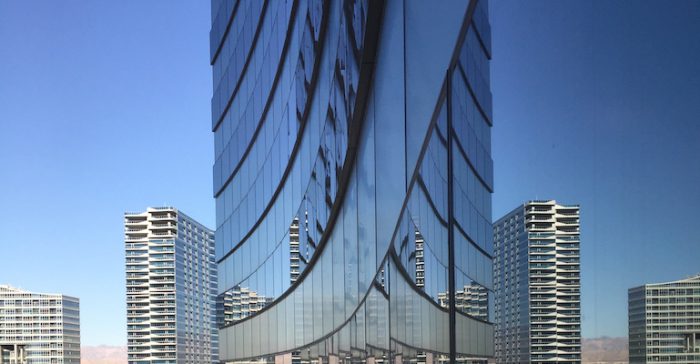How to Improve Your Hotel’s Energy Efficiency and Save Costs
The past several decades have seen an increased focus on the importance of sustainability and green practices by hoteliers worldwide. Today, sustainability issue has permeated nearly every aspect of the hospitality industry and has become a business imperative. Having said that, going green doesn’t mean giving up on luxury amenities.
Hotels (big and small) are promoting initiatives to make their hotels more sustainable, reduce carbon footprint and make sure there is no adverse impact on the environment. Emphasis on green practices is stronger than ever, not just by property owners like you, but also your guests. According to a recent TripAdvisor survey, 62% of travelers in the US, are environmentally-conscious when opting for hotels, transportation, and meals.
There are multiple ways in which energy consumption and eco-friendly practices can be adopted by your hotel. Let’s identify some of them to implement strategic control over energy use while being true to the value you deliver to your guests.
Set up the energy management program and team
Make sure you are setting the right objectives to implement the plan of energy management. Not only this, identify a core team with key staff members who will be primarily involved in overseeing energy conservation plan. For instance, define a timeline to achieve the goal, such as saving 20% over the next two years. Simultaneously, create an environment to appreciate people who are meeting the milestones of energy management.
[bctt tweet=”To start identifying eco-friendly practices at your hotel, create an energy management team.” username=”ZonditsEE”]
Determine efficiency targets
To begin with, the first step to determine efficiency target is to measure where energy is being utilized within your hotel. In order to target key areas for improvement and to get maximum returns, it is imperative to identify areas of high and low energy use. Occupancy rate and operating expenses are two of the most important variables that should be considered while determining efficiency target.
Energy assessment
By conducting the regular energy assessment, energy savings opportunities can be identified. This kind of energy analysis audit will help you derive at preventive measures for savings. Additionally, by effectively utilizing your operations and maintenance staff, hotels can improve their bottom line while cutting capital costs.
Identify energy saving opportunities
Irrespective of the departments in your hotel, every employee should go through awareness programs on green energy initiatives – greater use of solar panels to heat water, switching to LED lights that save energy, installation of thermostats in each room to regulate temperature, effective treatment of recycled water, and so on. Energy management training should be given to employees onboarding your hotel as it will help instill the value how to use energy more efficiently. Adopting the environmental practices at each department can serve as an effective tool for reinforcing the importance of energy management. Make energy efficiency an integral part of your hotel’s culture.
[bctt tweet=”Every employee should go through awareness programs on green energy initiatives” username=”ZonditsEE”]
Calculate costs and payback
Timely evaluation and calculating costs and payback period becomes the core strategy for energy management program. The savings can be re-invested to enhance the guest experience, provide better operational procedures along with emerging environmental technologies. Given the competitive nature of the hotel and lodging industry and the associated difficulty of incremental revenue, the potential for reduction of operating costs is a compelling reason for hoteliers to consider investment in eco-friendly technologies.
In the past couple of years, the number of guests seeking sustainable hotels has doubled. Based on the findings Booking.com’s ‘Global Sustainable Travel Report’ 65% of global travelers prefer to stay in the eco-friendly accommodation. 68% confirm they are more likely to consider opting for lodging knowing that it was eco-friendly while 36% would choose an eco-friendly accommodation because it provides a local feel to their stay.
Hotel chains are playing their part towards their commitment to sustainability. But all that said, sustainability measures only can work with the involvement of all stakeholders. Sustainability policies should be implemented by each hotel. However, to make eco-friendly practices the rule and not the exception and to make sure the guests are participating in the sustainability practices is not an overnight process. It can be accomplished with the involvement of all stakeholders and communication with staff, industry, investors and co-operation with guests.
